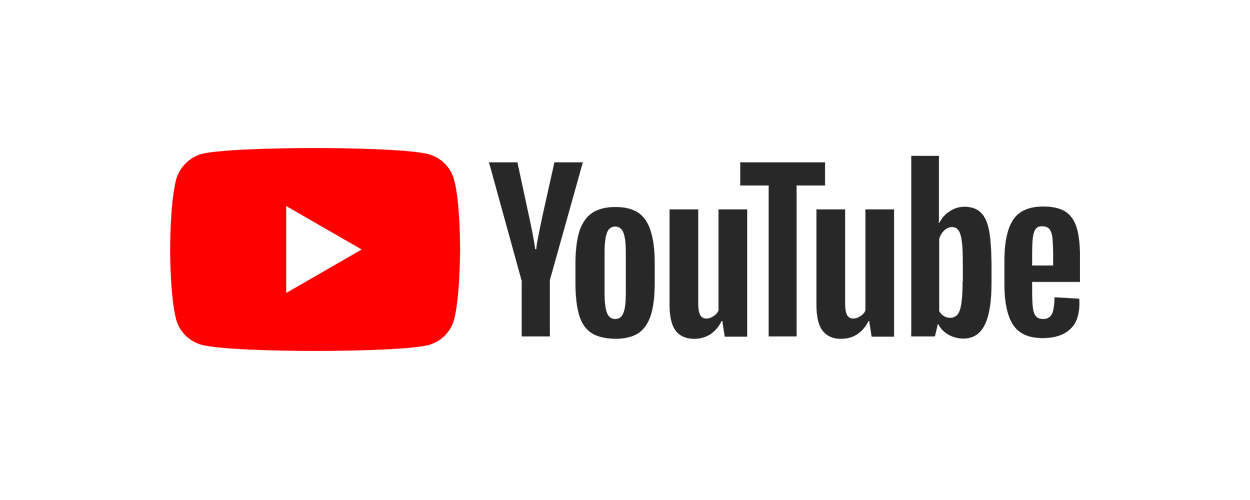This website uses cookies so that we can provide you with the best user experience possible. Cookie information is stored in your browser and performs functions such as recognising you when you return to our website and helping our team to understand which sections of the website you find most interesting and useful.
Business News Digital Labels & Publishers Legal Top Stories
YouTube CEO says battle against European safe harbour reforms is not over
By Andy Malt | Published on Wednesday 1 May 2019

YouTube CEO Susan Wojcicki has said that she still hopes to derail the safe harbour reform section of the European Copyright Directive as it is implemented at a national level by each EU member state.
The EU Council – which is made up of a representative from each EU country – gave final approval to the European Copyright Directive last month, the most final of several ‘final’ stages it had already been through. For the music industry, the most important bit is article seventeen (previously known as article thirteen), which seeks to increase the liabilities of user-upload platforms like YouTube so to strengthen the negotiating hand of music companies when agreeing licensing deals with such sites.
YouTube owner Google led a massive campaign against the legislation, hoping to have it removed entirely from the Directive before it was passed into law.
Google argued that the new liabilities would force it to dramatically alter the YouTube business to the detriment of grassroots creators. Other critics argued that this and other parts of the directive would kill the internet entirely. But the music industry said it was just about ensuring that copyright holders are properly compensated for their work, and the internet will be just fine.
With the legislation now official, EU member states have two years to implement it at a national level – France has already indicated that it could have it live as early as this summer by adding it to a new anti-piracy law already in the works.
However, in her quarterly update to YouTube creators, the video platform’s CEO Susan Wojcicki now says that she is hoping to affect how each state enacts the law.
“We are still very concerned about article thirteen (now renamed article seventeen) – a part of the Copyright Directive that recently passed in the EU”, she writes. “While we support the rights of copyright holders – YouTube has deals with almost all the music companies and TV broadcasters today – we are concerned about the vague, untested requirements of the new directive”.
She goes on: “It could create serious limitations for what YouTube creators can upload. This risks lowering the revenue to traditional media and music companies from YouTube and potentially devastating the many European creators who have built their businesses on YouTube”.
Noting the remaining opportunities to shape the law, she goes on: “While the Directive has passed, there is still time to affect the final implementation to avoid some of the worst unintended consequences. Each EU member state now has two years to introduce national laws that are in line with the new rules, which means that the powerful collective voice of creators can still make a major impact”.
Google’s initial strategy to try to get article thirteen voted down was to get creators to put its views across to politicians. This backfired somewhat, when MEPs took exception to being flooded by automated calls which may or may not have come from concerned citizens they are elected to represent.
After that, YouTube began bombarding users with its concerns. Somewhat late in the day, campaigners in favour of safe harbour reform then argued that YouTube should stand by its claim to be a lover of free speech and put their arguments across too.
Concluding with a rallying call, Wojcicki says: “We must continue to stand up and speak out for open creativity. Your actions have already led to the most popular Change.org petition in history and encouraged people to reach across borders. This is not the end of our movement but only the beginning”.
That petition has over five million signatures – so that would suggest the entire world wants to “save the internet” a bit less than people in the UK want to stay in the EU.
Still, it’s clear that Wojcicki and Google still see this as an ongoing battle, so perhaps all that celebrating the music industry did a few weeks ago was a little premature.





